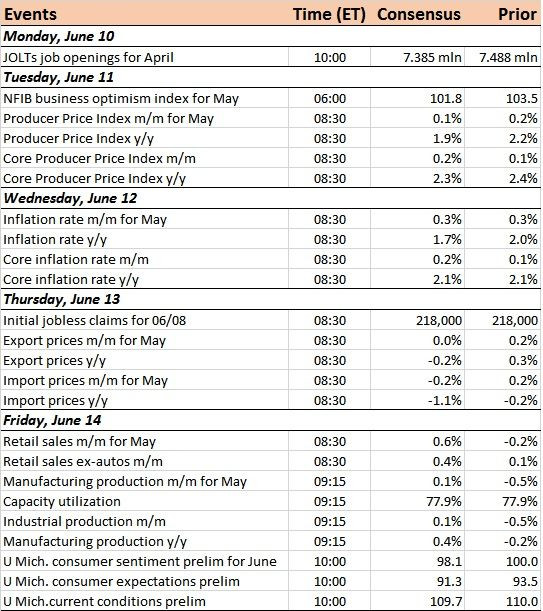Trump Approval Ratings: Things Getting Worse For President After Mueller Report, Impeachment Talk?

Despite claims by President Donald Trump his internal polls show him winning everywhere in 2020 and that the American people may ask him to stay beyond eight years in violation of the Constitution, the Mueller Report and impeachment discussions may be hurting his approval rating.
In a Reuters/Ipsos poll taken June 10-11, surveying 1,119 Americans, in four out of five demographic categories 60% or more polled reported the country was headed in the wrong direction. The survey included 412 Democratic registered voters, 331 Republican registered voters, and 192 independents.
Top Dems Lead Trump in Head-To-Head Matchups, Poll Finds; Democratic Primary Race Narrows as Biden Goes Flat https://t.co/4M40IlwKrZ #2020Election
— Quinnipiac University Poll (@QuinnipiacPoll) June 11, 2019
Only among registered Republican voters did a majority (68%) think the country was on the right track. Among all adults surveyed, 60% said the country was on the wrong path. Among registered voters, 61% were unhappy with the direction of the country. Seventy-one percent of independent voters disfavored the country’s direction, and among Democratic voters, dissatisfaction was 86%.
When asked if they approved or disapproved of the way Trump was handling his job as president, 57% of all adults said no, 58% of registered voters said no, 65% of independent voters said no, and 91% of registered Democrats said no. Again, only among registered Republicans, did the president receive favorable numbers: 13% disapproved of the president, while 86% approved of him.
After a Quinnipiac University poll last week showed the president losing the 2020 election to five Democrats in one-on-one contests if held today, Trump lashed out and said he could see himself staying in office beyond 2024.
.....news is that at the end of 6 years, after America has been made GREAT again and I leave the beautiful White House (do you think the people would demand that I stay longer? KEEP AMERICA GREAT), both of these horrible papers will quickly go out of business & be forever gone!
— Donald J. Trump (@realDonaldTrump) June 16, 2019
The poll also found healthcare to be the top issue among respondents, followed by immigration, the economy in general, terrorism and unemployment. Since 2012, immigration concern was below 10% until 2017 when it spiked to about 15%, then dropped below 10% again, until another spike in early 2018. At present, just over 15% polled see immigration as the most important problem facing the U.S.
Similarly, healthcare had a high of 15% in mid-2013 as the most important issue facing the U.S., and then dropped below 10% until 2017 when it spiked to 25%. It has since continued to be the most important issue facing the country for 15% or more Americans. At present, it is the most important issue for just under 20% of Americans.
© Copyright IBTimes 2025. All rights reserved.





















